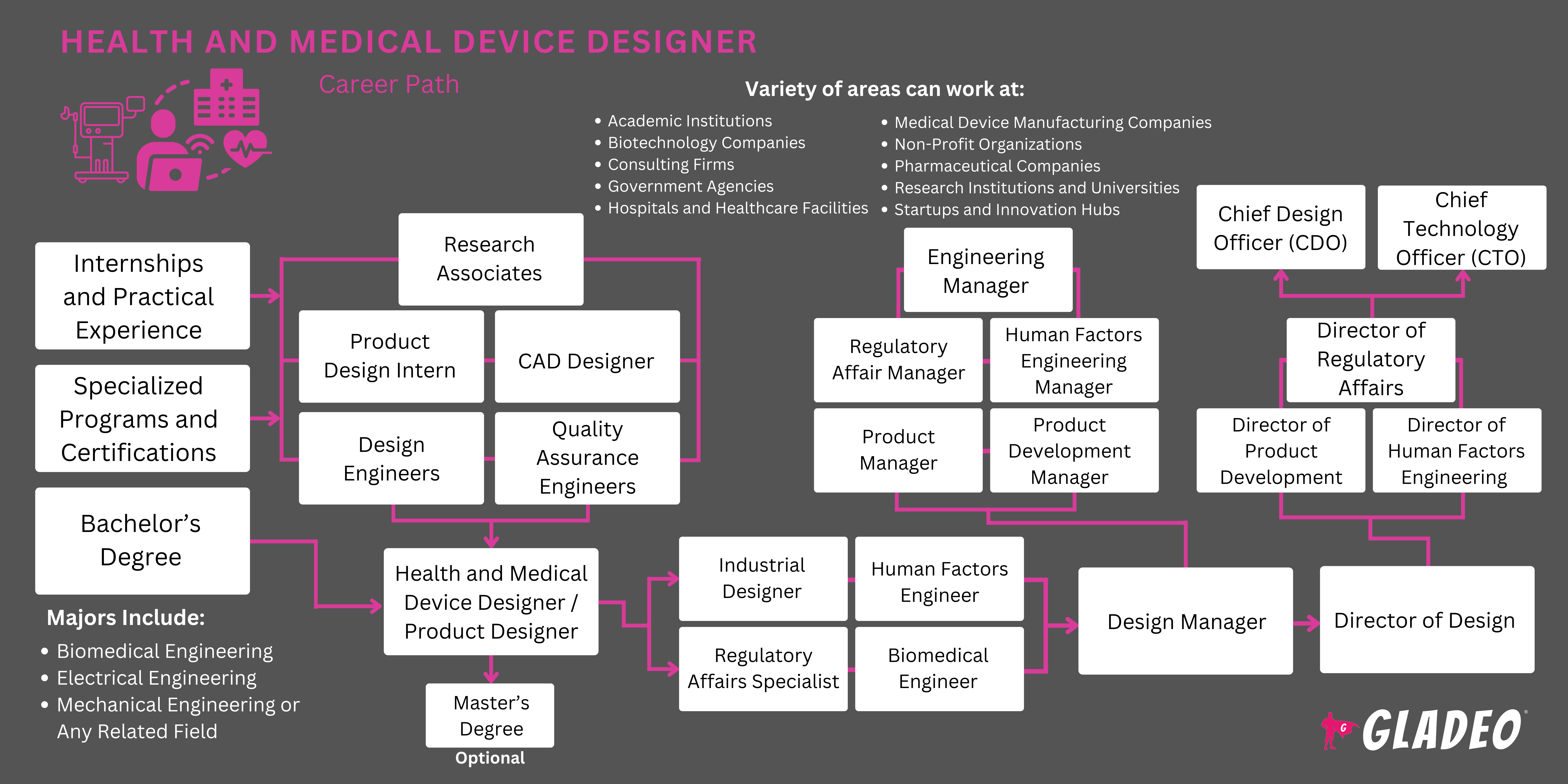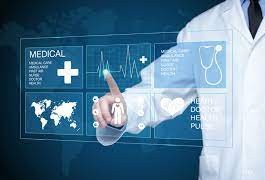스포트라이트
비슷한 제목
Medical Product Designer, Biomedical Device Designer, Healthcare Device Designer, Medical Equipment Designer, Health Technology Designer, Clinical Device Designer, Medical Device Engineer, Medical Device Development Specialist, Healthcare Innovation Designer, Medical Device Design Engineer
작업 설명
A Health and Medical Device Designer is responsible for designing and developing innovative and user-friendly medical devices and equipment. They combine their expertise in design principles, engineering concepts, and healthcare requirements to create safe, effective, and commercially viable devices.
직무 책임
- Conceptualization and Design: Collaborate with cross-functional teams, including engineers, clinicians, and product managers, to brainstorm and develop design concepts for new medical devices or improvements to existing ones.
- Research and Analysis: Conduct thorough research on user needs, market trends, and technological advancements in the healthcare industry to inform the design process. Analyze and interpret user feedback, clinical data, and regulatory requirements to ensure compliance and usability.
- Prototype Development: Create prototypes of medical devices using a variety of tools and techniques, such as computer-aided design (CAD), rapid prototyping, and 3D printing. Test and evaluate prototypes to assess functionality, ergonomics, and safety.
- Design Optimization: Collaborate with engineering teams to refine and optimize device designs based on technical feasibility, manufacturability, and cost-effectiveness. Conduct design iterations and feasibility studies to ensure compatibility with manufacturing processes.
- Documentation and Compliance: Create detailed design documentation, including technical drawings, specifications, and design verification plans. Ensure compliance with relevant regulatory standards, such as FDA regulations, ISO standards, and medical device directives.
직업에 필요한 기술
- Proficiency in CAD software and other design tools (e.g., SolidWorks, AutoCAD, Adobe Creative Suite).
- Strong understanding of design principles, human factors engineering, and usability principles in healthcare contexts.
- Knowledge of medical device regulations and standards (e.g., FDA regulations, ISO 13485, IEC 60601).
- Familiarity with manufacturing processes and considerations for medical device production.
- Excellent problem-solving and critical thinking skills to overcome design challenges and optimize device functionality.
일반적인 로드맵

뉴스 피드

주요 채용 정보

온라인 과정 및 도구









